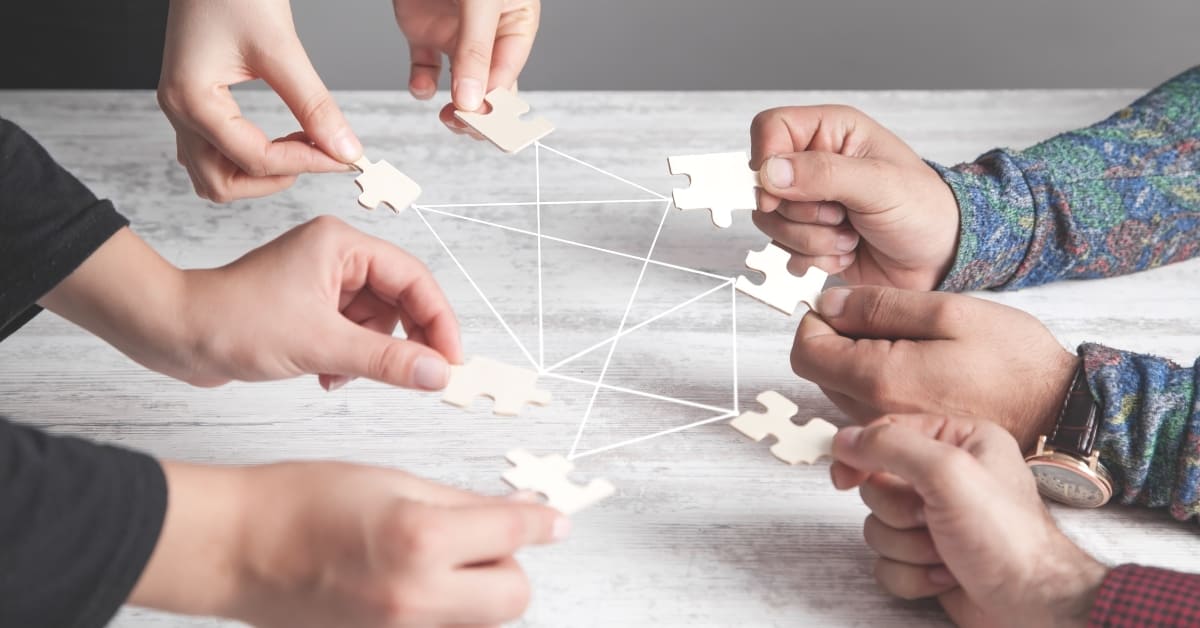Personality development is a lifelong journey that impacts every aspect of life, whether personal or professional. As a person grows and evolves, so do his connections with others.
By understanding our personality traits and actively working on them, we can improve the quality of our relationships whether in friendships, partnerships, or professional settings.
Personality development is a continuous process of self-improvement, where we learn to enhance our strengths and work on our weaknesses.
It shapes not only how we view the world but also how we interact with others. As we grow emotionally and mentally, our ability to form meaningful connections evolves too.
By participating in personality development training, individuals can gain a deeper understanding of their strengths and areas for growth.
These sessions encourage self-reflection, goal-setting, and habit formation, allowing participants to actively work on traits like leadership, assertiveness, adaptability, and empathy
1. The Influence of Personality on Relationship Dynamics
Understanding how personality influences relationship dynamics is essential for fostering healthy interactions in both personal and professional spheres.
Our unique traits shape how we connect with others, communicate, resolve conflicts, and build trust. Personality traits significantly impact how we communicate with friends and family.
For example, extroverted individuals often thrive on social interactions, expressing themselves openly and enthusiastically.
In contrast, introverted individuals may prefer deeper, one-on-one conversations and may need time to process their thoughts before sharing.
Understanding these differences allows for better communication and reduces misunderstandings. Acknowledging that someone may need time to open up can lead to more meaningful exchanges.
In the workplace, personality traits can influence how well team members collaborate. For instance, an individual may take charge of organizing tasks and ensuring deadlines are met, while a more spontaneous team member may inspire creativity and innovation.
Understanding these dynamics can help managers build balanced teams, ensuring that diverse personalities work together effectively.
2. How Understanding Others’ Personalities Can Improve Your Relationships
The ability to understand the personalities of those around you is a transformative tool that can enhance your relationships in numerous ways.
By gaining insight into different personality traits, preferences, and behaviors, you can interact more effectively. You can also foster deeper connections, and promote a more balanced environment.
Personality development plays a crucial role in enhancing our ability to understand the personalities of those around us.
By actively engaging in self-reflection and personal growth, individuals become more attuned to their own traits and behaviors, which, in turn, fosters greater empathy and insight into others.
3. personality and Conflict Resolution
Personality plays a crucial role in how individuals approach and resolve conflicts. Understanding the interplay between personality and conflict resolution is essential for handling disagreements effectively and maintaining healthy relationships.
Different personality traits influence how individuals perceive and handle conflict, which can significantly impact the outcome of disputes.
1: Conflict Styles and Personality Traits
Each person has a unique conflict resolution style that aligns with their personality traits. For example, assertive individuals may confront issues directly, seeking to address the problem head-on.
In contrast, passive individuals might avoid conflict, leading to unresolved tensions. Understanding these styles can help identify the best approach for resolution.
2: Communication Preferences
Personality influences communication styles, which are critical in conflict resolution. For example, extroverted individuals may prefer open discussions and immediate feedback, while introverted individuals might need time to process their thoughts before engaging. Recognizing these preferences can facilitate more productive conversations during conflicts.
3. Problem-Solving Approaches
Different personalities approach problem-solving in various ways. Analytical individuals may rely on data and logic to navigate conflicts, while creative individuals might seek innovative solutions. Understanding these approaches can enhance collaboration and lead to more effective conflict-resolution strategies.
4: Reactions to Stress and Pressure
How individuals react to stress and pressure during conflicts often correlates with their personality traits. Type A personalities, for instance, may respond with urgency and assertiveness, while Type B personalities may adopt a more laid-back approach. Being aware of these reactions can help parties manage their responses and create a more constructive dialogue.
4. Building Stronger Relationships Through Personality Awareness
Understanding and acknowledging personality traits can significantly enhance the quality of relationships in both personal and professional contexts.
In personal relationships, being aware of your own personality traits and those of your friends and family fosters effective communication.
In professional settings, personality awareness is crucial for building effective teams. Understanding the diverse personalities within a team can help assign roles that play to each member’s strengths, leading to enhanced collaboration and productivity.
Engaging with diverse personalities encourages a culture of collaboration and respect, leading to innovative solutions and a positive work environment.
Moreover, personality awareness promotes personal growth and development. Exposure to different viewpoints and approaches challenges your own assumptions, enhancing your adaptability and interpersonal skills.
For leaders, understanding the personalities of team members enables them to handle their leadership style to meet the needs of their staff, fostering motivation and engagement.
Building stronger relationships through personality awareness is invaluable, enriching our interactions and strengthening the relational fabric of our lives while contributing to our overall well-being and success.
Ultimately, acknowledging and valuing each other’s personalities fosters an atmosphere of trust, making individuals feel seen and respected for who they are.
Conclusion
In conclusion, understanding personality and its influence on relationships is crucial for fostering meaningful connections in both personal and professional contexts.
By recognizing the unique personality traits that shape our interactions, we can improve communication, enhance empathy, and resolve conflicts more effectively.
Personality awareness not only helps us to better understand ourselves but also deepens our appreciation for the diverse personalities of those around us. This awareness leads to stronger, more resilient relationships built on trust and respect.
Whether navigating the complexities of personal relationships or collaborating within a professional team, the insights gained from understanding personality dynamics can transform the way we connect with others.
As we continue to develop our personalities for personal growth, we create opportunities for richer interactions and collaborative environments. By committing to this journey of understanding and growth, we can create lasting bonds that positively impact all areas of our lives.

Ramanjeet Kaur is a Life Skills and Behavioural Trainer. Her journey to becoming an entrepreneur and starting her career as a trainer in the education industry is an inspiring revelation. She was always passionate about teaching profession from her childhood and started mentoring young kids to develop their personalities.

